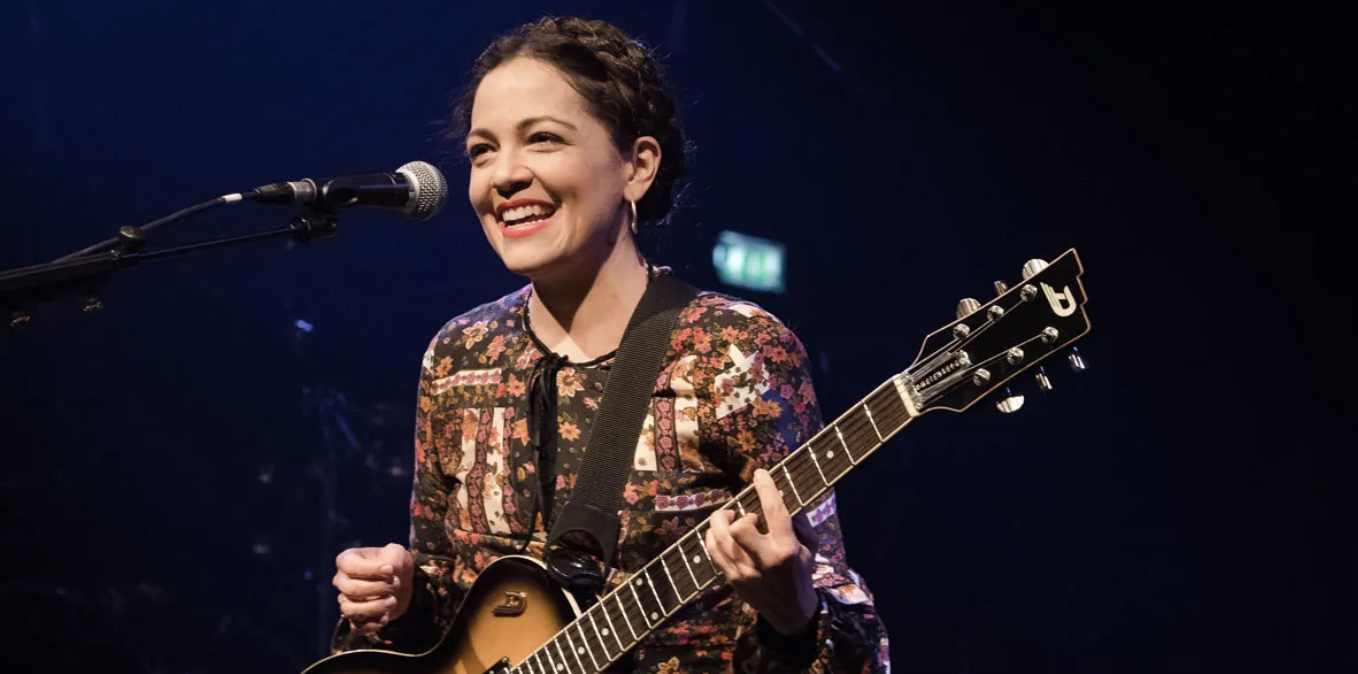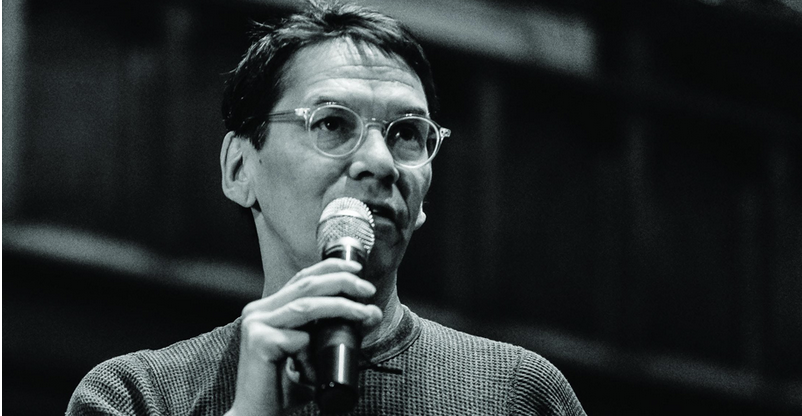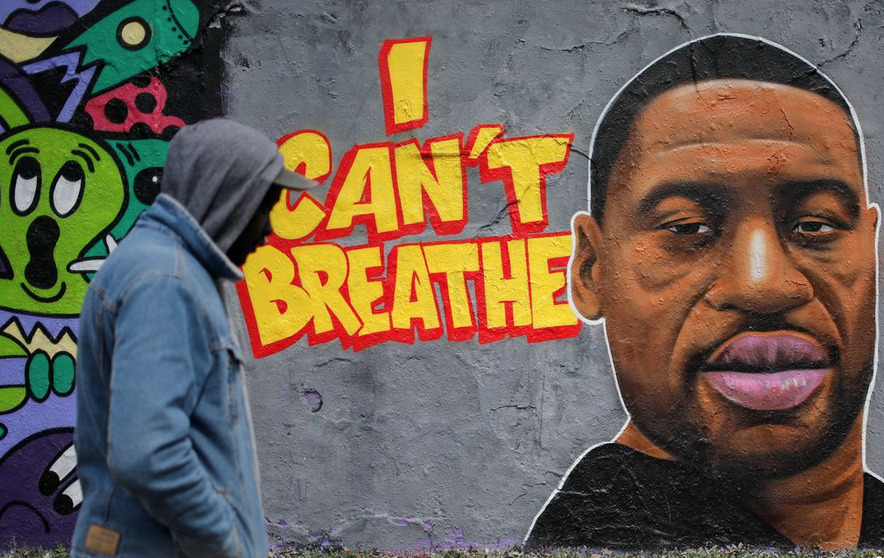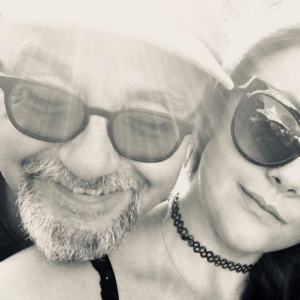Readers’ Choice
Part 9
Contributor
Connie Kuhns is a longtime champion of women’s music, essayist, broadcaster and photographer. She first met and interviewed Ellen McIlwaine in 1984, starting a decades-long friendship and collaboration.
When McIlwaine died last summer, Kuhns was reviewing the first chapters of her autobiography which she had been asked to edit. McIlwaine was a regular guest on Rubymusic the Vancouver Co-op Radio women’s music show that Kuhns produced and stewarded for 15 years.
The 4th Annual Readers’ Choice
Kurated readers share their favourite music of the last year in the annual Readers’ Choice series. Anything musical is welcomed whether its new, an old favourite, something self-composed and more. Thanks to all the contributors!
Share this post! (see below for social media links)
Stay tuned and enjoy!

22 January 2022
Connie Kuhns
Saltspring Island, BC

3-Song Playlist
May This Be Love
Can’t Find My Way Home
Down So Low
Video
An August 2020 short and brilliant solo studio set (17.15 mins)
The Best of 2021 and of All Time: Ellen McIlwaine
I spent the morning printing her obituaries. Slide Guitarist with a Power Voice Dies. Ground-breaking Singer, Writer, Dies. Fiery Slide Guitarist and Blues Singer Dies. Blues Legend Dead.
But I remembered the morning we were at the bank and she needed to deposit the cash she’d been paid for her gig at the Yale Pub in Vancouver the night before and the teller wouldn’t take her money in case she was a drug dealer. Ellen kept explaining over and over (and I vouched for her) that she was a musician. But there was no convincing the woman behind the counter that this woman in front of her with the massive red hair and dried up over-night eye liner was simply trying to make a deposit in order to meet her automatic rent withdrawal back in Calgary. It was humiliating.
I also remembered how after a gig she came to visit me in the maternity ward. A couple in black leather showed up at the same time and the combination was just too much for the hospital staff. They threw me out (with my son) the next morning. A decade later, sitting in a tatami room, she taught both my kids how to use chopsticks.
Ellen called to tell me she was dying. My response was to send her some information from a friend about an immunotherapy drug and order her Marianne Faithful’s new CD. I guess I thought that if this treatment worked for my friend’s husband (also a musician) it could certainly work for Ellen. And who doesn’t want to listen to Marianne Faithful read poetry when one is facing the end? I should have just said, “what do you need?” Or even, “this is fucked up.”
On the morning of June 23, 2021 Ellen McIlwaine died. Her friend Sharron Toews was by her side as were a group of friends from around the world who had come together on Messenger during her last days. Just six weeks before she had received a devastating cancer diagnosis and began calling many of us to say goodbye. Her fight was brief and courageous. As Sharron wrote that morning, “She died peacefully and willingly”.
Ellen was the master of her guitar. A virtuoso. A Goddess. She fused slide, blues, rock and roll, country, reggae, jazz and the yet undefined world music into her style. She sang from way down inside, often making unearthly yet melodic sounds in sync with her playing. She told me in our first interview in 1984 that it was Hendrix who taught her how to use her voice as a second guitar.
I began hearing her name in the 1970s. But an electrified woman wasn’t something we could imagine. I finally saw her in the hot summer sun at the Vancouver Folk Music Festival. She was on stage in a swirl of hair and sweat, her rhinestone barrette catching the sun. Southern musician Teresa Trull stood off to the side with her mouth open then looked out into the crowd in amazement. It was not unlike Mama Cass seeing Janis for the first time.

Ellen’s adoptive parents were missionaries so she grew up in Japan. She eventually returned to the American South where she was born, but spent much of her life on the road. Her travels took her to Australia, New Zealand, Germany, Switzerland, Austria, across Canada and the US, and then back to Japan. She found musical homes in Atlanta, Greenwich Village, Woodstock, Montreal, Toronto and finally Calgary where she was living when she died.
Much has been made of her relationship with Jimi Hendrix, and rightly so. (He approached her to jam and she was with him when he wrote “And the Wind Cries Mary”) But in her long life she played with dozens of the big bluesmen, including Muddy Waters, Howlin’ Wolf, Johnny Winter, Richie Havens, Taj Mahal, Jack Bruce, Elvin Bishop, John Hammond, Jeff Healey, Paul Butterfield, Buddy Guy and Junior Wells, with special relationships with Margret Roadknight, Sue Foley, Patty Larkin, and Cassias Khan. Any musician who ever saw her play or shared a stage didn’t forget.
Ellen did what came naturally and her music became heavily influenced by what she had heard on Japanese radio and in the international community where she was raised. “There was no us and them”, she told me. “It was all us”.
She scored a play and two films using Egyptian and Lebanese traditional dance music and the music of Pakistani singer Ustad Nusrat Fateh Ali Khan. Producer Shinichi Osawa of the Japanese electronica group Mondo Grosso brought her to New York to collaborate. Tokyo DJs, Ken Yanai and Kei Kobayashi, who were playing her Polydor albums in dance clubs, flew her to Japan to record a live album and go with them on tour.
Elsewhere in the universe, house music DJ Yukihiro Fukutomi remixed her cover of “Born Under a Bad Sign” and Fatboy Slim sampled her version of “Higher Ground”. She returned to Japan in 2011 to perform at the World Music and Dance Festival in Hakodate. She played and spoke their language. Ellen’s album “Fear Itself” hangs on the wall of the Los Angeles County Museum of Art as part of artist Yoshitomo Nara’s current show. His wall of sound memorizes the 352 albums which inspire him as he works.
One of her last collaborations was with tabla musician Cassius Khan in 2015. Trained in Indian classical music he was also a lover of funk and rhythm and blues. They were family. “Mystic Bridge”, Ellen’s last recording, is the music they made together.
At the time of her death, she was working on her autobiography, and filmmaker Alfonso Maiorana, co- director of Rumble: The Indians Who Rocked the World had begun work on a documentary about her life. UK’s music magazine MOJO had just gone to press with a current interview and update on her career. In their next issue they followed with an obituary.
Ellen was remembered in the pages of the New York Times, the Washington Post, and the Globe and Mail by Neil Genzlinger, Harrison Smith and Nicholas Jennings, respectively, whose reprints travelled the globe, including the Times of London. Their tributes hit hard as they knew what we had lost, sadly before a new generation even knew who she was. Despite the praise of true music aficionados, Ellen had yet to reap the rewards of her genius. (“No interest, no gigs, and no money”, she told Andy Morris in MOJO). She was female, after all.
Some years ago, I wrote in her liner notes, “She travels in her van with equipment, clothes, and the occasional bass player in the space in the back. Mementoes from her travels dangle from her rear-view mirror and pictures of friends adorn her dashboard. The deer whistles on the roof clear the road when she travels at night”.
Ellen looked for the good in people and was a loyal friend making each of us feel loved. She was proudly sober (almost forty years) and she helped others to hang on. “So many people that I started out with, drugs and alcohol got them”, she told me in 1984, “And it almost got me. But I’m here and I’m real grateful for that”.
At the time of her death, she was living humbly, yet creatively, in Calgary, driving a school bus and making plans. She was seventy-five.
In my playlist, I’ve included the Jimi Hendrix song “May This Be Love”. She dedicated it to me one night in 1987 at an album release party in Toronto. I was honoured. For a moment, I felt like a big shot.
About Connie: Connie Kuhns has a 40-year history as an essayist, journalist, photographer and broadcaster.
For fifteen years she was the producer and host of the innovative program Rubymusic on Vancouver Co-op Radio, which focused on the then nascent women’s music scene.
A selection of her essays can be found at www.geist.com/kuhns-connie including those on Yoko Ono, Joni Mitchell and the women in Vancouver’s punk movement. Other writings have been finalists for awards including a National Magazine Award, the LA Review Literary Awards and Prism International’s CNF prize.
Her photographs have been published in the Washington Post and the Globe and Mail. Last year her work was selected as a 2021 finalist for the Salt Spring National Art Prize.





